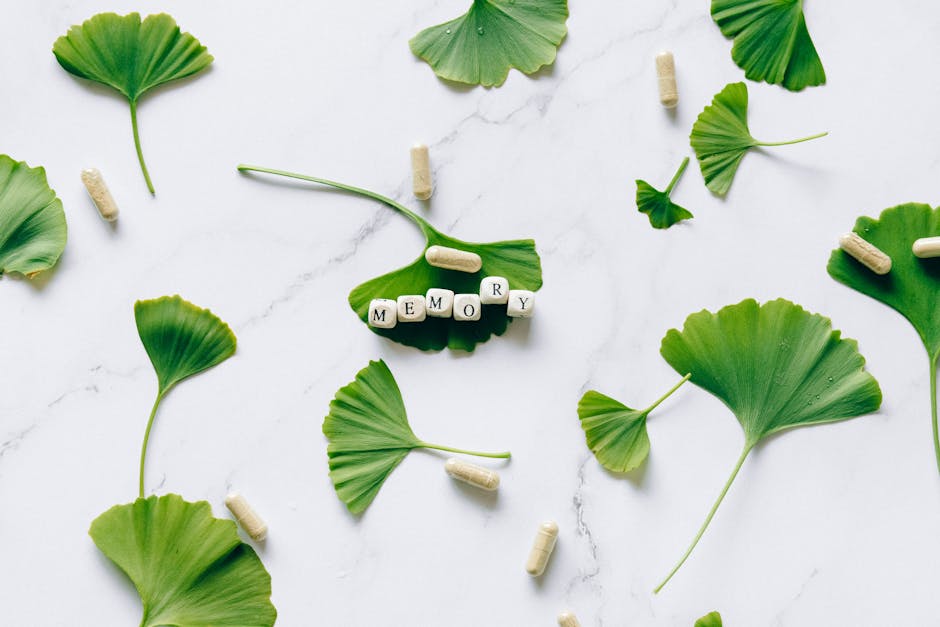Journaling Techniques for Self Reflection
Journaling Techniques for Self Reflection
Blog Article

Self-reflection is a powerful tool for personal growth and mental well-being. Engaging in self-reflection practices allows individuals to gain deeper insights into their thoughts, emotions, and behaviors. By taking the time to explore one's inner world, it becomes easier to identify patterns, set goals, and foster a greater sense of self-awareness. This process can lead to improved decision-making, enhanced relationships, and a more fulfilling life. In this article, we will explore various methods for self-reflection, focusing on journaling techniques, mindfulness meditation, and guided exercises that can help cultivate this essential practice.
Journaling Techniques for Self-Reflection
Journaling is one of the most accessible and effective self-reflection practices. It provides a safe space to express thoughts and feelings, making it easier to process experiences and gain clarity. Here are some techniques to consider:
Stream of Consciousness Writing
This technique involves writing continuously for a set period, without worrying about grammar or structure. Set a timer for 10 to 15 minutes and let your thoughts flow onto the page. This unfiltered expression can reveal underlying emotions and thoughts that may not surface during regular reflection.
Prompts for Self-Discovery
Using prompts can guide your journaling sessions and stimulate deeper reflection. Consider questions like: "What are my values?" or "What challenges have I overcome, and what have I learned from them?" Writing in response to these prompts can uncover insights about yourself.
Gratitude Journaling
Focusing on what you are grateful for not only enhances your mood but helps shift your perspective. At the end of each day, write down three things you appreciated, whether big or small. This practice encourages a positive mindset and fosters appreciation for life's experiences.
Mindfulness Meditation Practices
Mindfulness meditation is another effective method for self-reflection. By cultivating awareness of the present moment, individuals can connect with their thoughts and feelings without judgment. Here are some simple steps to get started:
Finding a Quiet Space
Choose a quiet location where you can sit comfortably without distractions. This could be a corner of your home, a park, or anywhere you feel at ease.
Focused Breathing
Begin by closing your eyes and taking deep, slow breaths. Focus on the sensation of your breath entering and leaving your body. If your mind wanders, gently bring your attention back to your breath. This practice helps ground you in the present moment and allows for clearer reflections.
Body Scan Technique
Progressively focus on different parts of your body, starting from your toes and moving up to your head. Notice any sensations, tensions, or emotions tied to each area. This technique promotes a deeper connection with your physical self and can reveal areas of emotional stress that require attention.
Guided Self-Reflection Exercises
Engaging in guided self-reflection exercises can facilitate profound insights and enhance self-awareness. Here are some examples to consider:
Vision Board Creation
Creating a vision board allows you to visualize your goals and aspirations. Collect images, words, and quotes that resonate with your desires, and arrange them on a board. This tangible representation can clarify your vision and motivate you to take actionable steps towards your goals.
Self-Reflection Questions
Set aside time each week to answer a series of self-reflection questions. These could include: "What did I learn about myself this week?" or "What emotions did I experience, and why?" Reflecting on these questions can lead to valuable insights and help track your emotional growth.
Establishing Your Self-Reflection Routine
Incorporating self-reflection practices into your daily or weekly routine can significantly enhance your self-awareness and personal growth. Start by selecting one or two methods that resonate with you, and commit to practicing them consistently. Over time, you may discover that these practices not only improve your mental health but also enrich your relationships and decision-making processes. Remember, the key to effective self-reflection is consistency; the more you engage in these practices, the deeper your self-awareness will become.
For additional resources and tools to enhance your self-reflection practices, explore platforms that offer guided exercises and support in establishing a routine. Embracing this journey is a significant step towards a more fulfilled and self-aware life.
Report this page